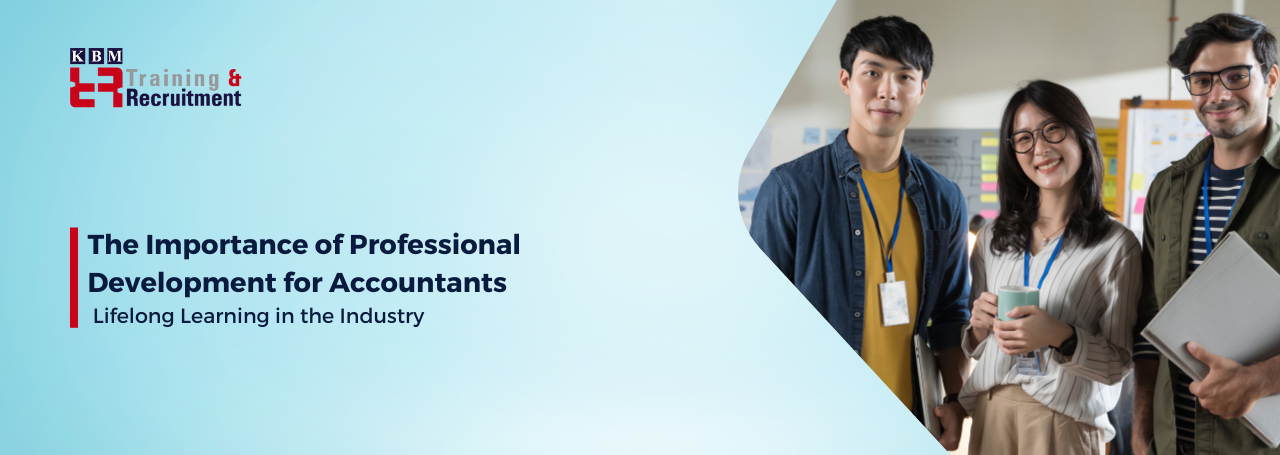Accountants face new challenges every year. The profession evolves with new laws, technology, and business needs. Accountants must keep learning to stay useful and trusted. Professional development helps them grow their skills and stay ready for change.
Accountants who learn regularly build stronger careers. They handle new tasks with confidence and support their clients better. Learning also helps them follow legal rules and meet high standards.
Career growth
Accountants grow faster in their careers when they keep learning. Employers value team members who improve their skills. Professional development shows that a person cares about doing their job well.
Accountants can take short courses, attend workshops, or gain new qualifications. These steps help them take on senior roles. Many employers prefer to promote staff who show a learning mindset.
Changing rules
Tax rules and reporting standards keep changing. Accountants must stay up to date to give the right advice. If they miss updates, they risk giving wrong information.
Accountants who keep learning can spot changes early and take the right steps. They avoid mistakes and protect their clients. This builds trust and keeps their work accurate and legal.
New technology
Technology moves fast in the accounting world. Cloud systems, AI, and data tools shape how accountants work today. Those who learn new software gain a strong advantage.
Learning about digital tools helps accountants work faster and smarter. It also helps them serve modern businesses that expect tech-savvy support. When they master new tools, they save time and improve accuracy.
Industry standards
Accountants must follow rules from professional bodies like ACCA, CIMA, and AAT. These groups often require continued learning. They ask members to log their learning hours each year.
By doing this, accountants stay in good standing. They also keep their knowledge fresh and relevant. This shows clients and employers that they meet top standards in the field.
Personal confidence
Learning new skills makes people feel more confident. Accountants who understand current laws and tools speak clearly with clients. They make strong decisions and manage work better.
Confidence also helps when facing change. Those who learn regularly do not fear new systems or complex updates. They feel ready to adapt and lead others through changes.
Networking and exposure
Professional development brings people together. Courses and events allow accountants to meet others in the field. They learn from experts and share experiences.
Networking often leads to new ideas and job opportunities. Accountants who attend training build strong industry links. These links help them grow and succeed in the long run.
Improved service
Clients expect high-quality service. Accountants who learn stay sharp and helpful. They solve problems faster and offer better advice.
Professional learning improves accuracy and lowers errors. Accountants understand new risks and offer better solutions. This builds strong, lasting relationships with clients.
Meeting employer needs
Businesses need accountants who can meet modern demands. Employers look for staff who understand current trends and tools. When accountants keep learning, they meet these needs.
Training helps teams stay competitive. It also cuts the cost of fixing mistakes. Employers save money and improve results when staff stay skilled.
Setting goals
Accountants who plan their learning make faster progress. They should choose topics that match their goals. This might include tax law, audit tools, or leadership training.
Setting clear goals makes learning more useful. It also helps accountants track their growth and see results. When they learn with purpose, they reach their goals quickly.
Key Takeaways
Professional development is not a choice—it is a must. The accounting world changes fast. Those who keep learning stay ahead and offer more value.
Accountants who invest in learning grow in skill, confidence, and career success. They meet legal rules, adapt to new tech, and offer better service. Lifelong learning keeps the profession strong and trusted.






















